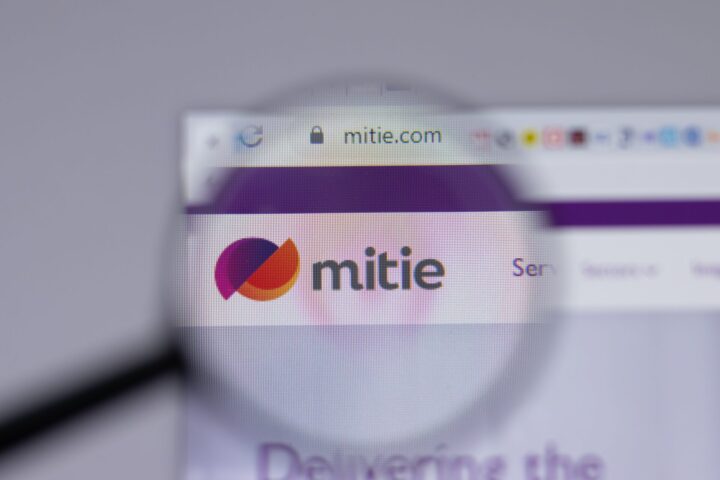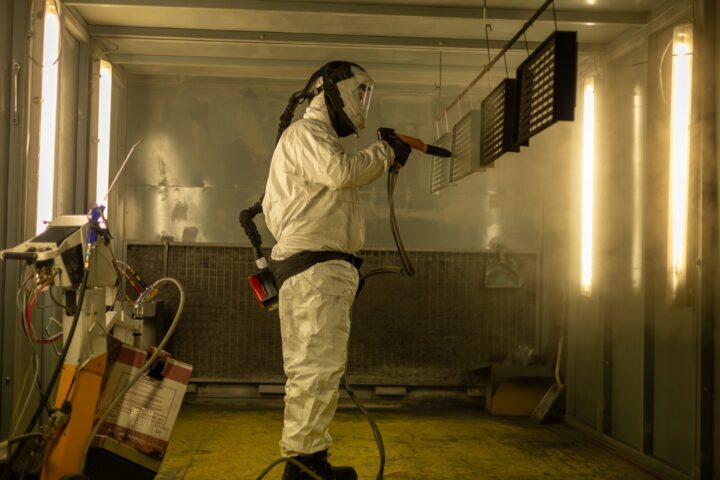According to Towergate Employee Benefits, employers must adapt their cancer support strategies to reflect varying global approaches to diagnosis, treatment, and survival rates.
This approach should ensure all employees – especially those working overseas – have access to appropriate care and holistic support.
According to Towergate Employee Benefits, with World Cancer Day taking place on 4th February 2025, global employers must be aware of the different and evolving approaches to cancer care around the world and ensure that their support is adapted accordingly.
Sarah Dennis, head of international at Towergate Employee Benefits, said: “There is an ever-increasing variety of diagnostic tests being delivered around the world, now more frequently including genetic testing too.
“However, there is far from an equal offering on a global basis, so employers must make sure the support they provide levels up any gaps.”
The World Health Organisation predicted that new cancer cases will increase by 77% by 2050.
However, figures indicated that in many countries, survival rates are improving, largely due to a rise in screening and early diagnosis as well as advancements in treatment.
The provision of screening varies from country to country – while some nations, including the UK, have national screening programmes, others differ in their approach.
For instance, Albania, Singapore, Rwanda, Qatar, and Kenya offer cervical cancer screening, whereas Tanzania and Pakistan do not.
Towergate Employee Benefits advised that employers should seek expert guidance on screening provision in each country where they have employees, ensuring that the right level of support is in place without over- or under-providing.
Dennis highlighted that different countries have varying levels of diagnosis and treatment, and employers must be aware of these differences.
Some countries have more advanced methods than others, meaning that employers need to consider the level of care their employees might receive or expect, depending on where they are deployed.
Incidences of cancer and survival rates differ globally and are not necessarily linked, as employers might assume.
For example, Australia and New Zealand have the highest incidence rates of all cancers, yet this is not reflected in their mortality rates.
In contrast, Polynesia has a significantly lower cancer incidence rate but the highest cancer mortality rate in the world.
According to Towergate Employee Benefits, employers must ensure that appropriate support is in place and regularly updated in line with advances and changes in diagnosis and treatment.
Support should also be holistic, extending to mental wellbeing, which is particularly important for overseas employees who may not have the same support networks as those based in the UK.
Dennis said: “The theme of this year’s World Cancer Day is ‘United by Unique’ and this epitomises our message: employers with workforce across the world must provide support that is a reflection of the unique risks faced by each individual employee and the unique circumstances of each country’s approach to diagnosis and treatment.”

















